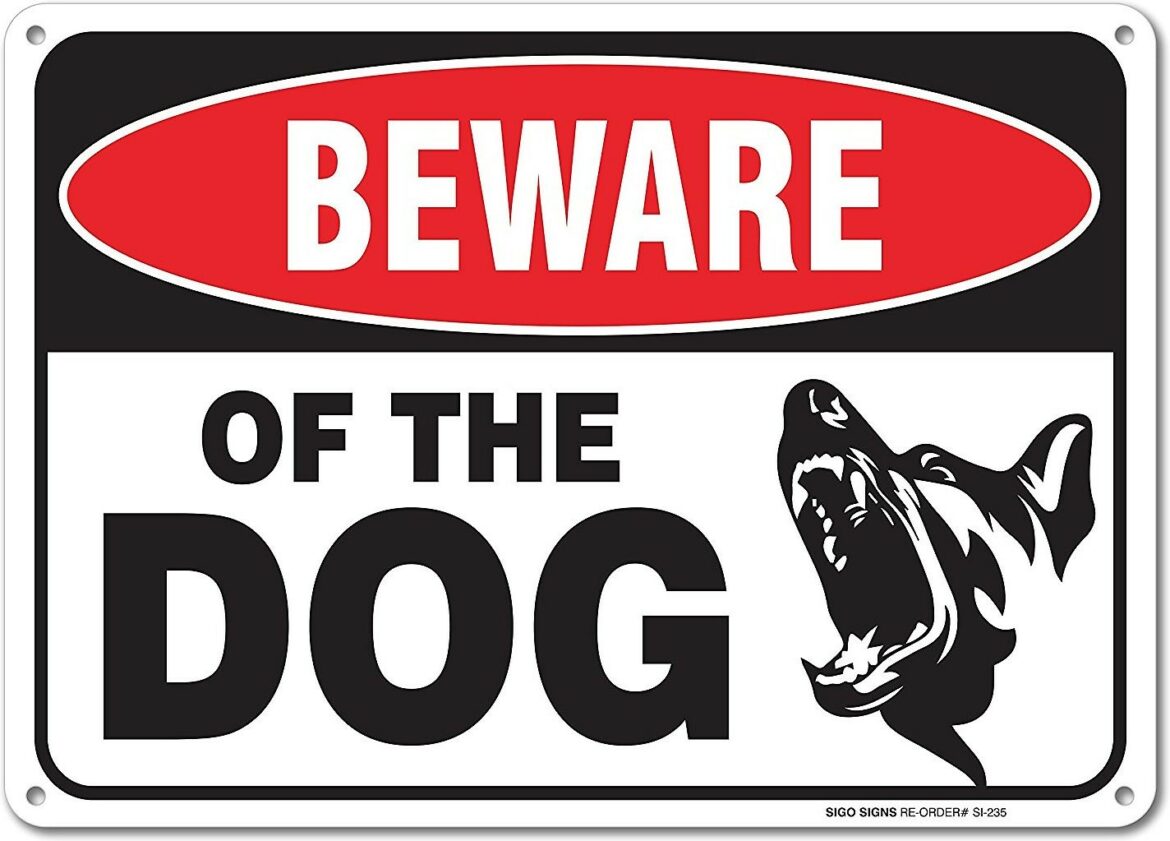The rise of non-factual information in the media has prompted the creation of mechanisms meant to scrutinize and validate these pieces. This is a crucial advance in this era of disinformation since the implications of sharing false news are getting increasingly worrying. In the last couple of years, elections were manipulated resulting in undeserving governments being elected, people getting shamed and arrested, and large unethical corporations making huge profits all due to dishonest distribution of information.
The process seeking to investigate (an issue) in order to verify the facts is termed fact-checking, according to the Oxford dictionary (1). Nevertheless, if we go beyond this broad meaning, we may have a far better understanding of what this term truly implies. Throughout history, the semantics of fact-checking have changed. While the term was originally coined to describe the process of verifying whether factual items in a text were correct (e.g., spelling of names, dates, etc. ), it is now used to describe the procedure of analyzing claims and determining whether they are true or false by providing context and background information (2). Although fact-checking is considered a type of journalism dedicated to providing an accurate and unbiased examination of public remarks in order to rectify public misconceptions and enhance public awareness of key topics, this is not the only definition (2). From an anthropological and psychological standpoint, the term refers to a type of critical and investigative research aimed at raising awareness of the cognitive biases that all of us possess (3). While these biases allow us to make a personal contribution to society, they may also cause us to ignore important facts, even when they are given clearly (3). This phenomenon is pervasive outside of the journalistic ecosystem, with NGOs, charities, and non-media organizations focusing on it. These organizations take diverse approaches to the process as a whole (for example, claim selection and communication), but they all highlight the importance of remaining skeptical towards the information we are being fed with daily (3). Google, Facebook and several other relevant players in the media industry have all created tools with potential to validate information which constitutes a major step towards truthfulness (4) (5).
Fact-checking is extremely useful in the fight against misinformation but its generally passive nature sometimes is not enough to scrutinize the fairly significant dimension of this nefarious issue. When this process acquires a much more focused lens by informing the public about what is going on in specific institutions or society in general, particularly in situations when a considerate portion of the public may demand changes in response, we are in the realm of watchdog journalism (6). This might include fact-checking public officials’ comments, questioning public figures and posing concerns to them, obtaining information from specific meetings, or simply doing investigative journalism.
The origin of the term comes from the purpose of having a literal guard dog, alerting others when something is wrong. Decision-making processes, criminal actions, immoralities, consumer protection, and environmental degradation are some of the topics that come up in this setting (6). When it comes to defining the work of a watchdog journalist, there are three levels of operationalization: reporting style, voice, and source (7). In terms of reporting style, a watchdog journalist is trained to scrutinize at different increasing levels. The baseline revolves around primary questioning to probe people in positions of authority. At a second level, denunciation is still not required, but the questioning is much more evident and forceful. Ultimately, the journalist actively tries to get people under investigation to admit their misbehavior. At this stage, a range of evidence of wrongdoing is available to be employed (7). This category of journalism also requires a variety of voices. It is customary for journalists to turn to a third party’s voice to question, critique, and expose wrongdoings in addition to their own (7).
When it comes to the source, watchdog journalism looks for a certain type of event to scrutinize (7). A broad approach to watchdog journalism is likely to manage not just corruptions of the connection between people in positions of power and the media, but also concerns involving legal processes or external investigations (8). Watchdog journalism is considered one of the most essential contributions of the press to democratic life because it increases accountability and promotes good change by uncovering wrongdoings in the government or private sector (9). Many incidents in the past have demonstrated that watchdog journalism has the capacity to remove corrupt people in positions of power. One of the most well-known instances is the coverage of the US Watergate scandal, one of the country’s largest political crises. This incident arose from the discovery of a burglary perpetrated by five former FBI and CIA agents who had been bribed to place a bug in order to promote Nixon’s re-election campaign. Following the arrests of the five suspects, investigative journalists Bob Woodward and Carl Bernstein progressively revealed additional facts about the conspiracy. In 1973, the US House of Representatives resolved to begin impeachment proceedings against Nixon. Nixon sought to cover up details of the crime, according to audio tapes. As a consequence, the House Judiciary Committee authorized his impeachment. He resigned from the presidency on August 9, 1974 (10).
Overall, this article defines two deeply interconnected processes that constitute the frontline of the battle against disinformation. Even though watchdog journalism can be considered a type of fact-checking, it is objectively evident that it has its own directed approach. Nevertheless, both serve as support for citizen education on media and its implications being therefore important to actively foster public investment in them to win this everlasting fight.
Rafael Luis Pereira Santos
References
(1) Oxford dictionary (https://www.lexico.com).
(2) Graves L. (2013), “Deciding What’s True: Fact-Checking Journalism and the New Ecology of News”, ProQuest.
(3) Leonard A., Meban A. and Young O. (2018), “What is fact-checking and why is it important?”, FactCheckNI.
(4) Perez S. (2016), “Google added fact-checking: Facebook, it’s your move now”, TechCrunch+.
(5) Facebook’s Third-Party Fact-Checking Program (https://www.facebook.com/journalismproject/programs/third-party-fact-checking).
(6) Norris P. (2014), “Watchdog Journalism”, The Oxford Handbook of Public Accountability.
(7) Mellado C. (2014), “Professional Roles in News Content”, Journalism Studies.
(8) Ettema J. and Glasser T. (1998), “Custodians of conscience: investigative journalism and public virtue”, Choice Reviews Online.
(9) Waisbord S. (2016), “Watchdog Journalism”, The International Encyclopedia of Political Communication.
(10) Schudson M. (2004), “Notes on Scandal and the Watergate Legacy”, American Behavioral Scientist.



